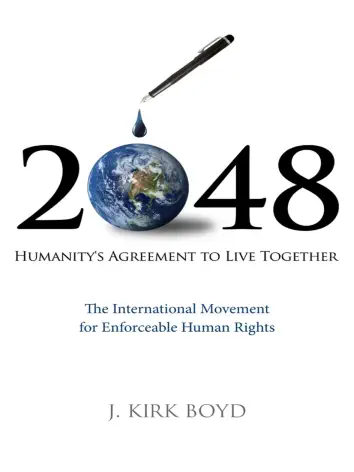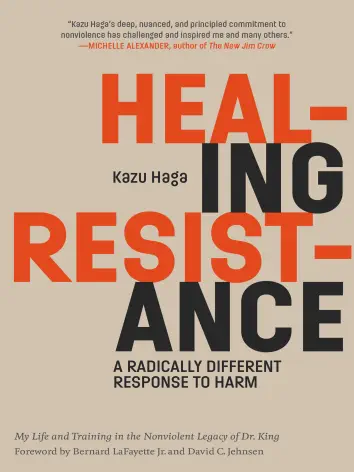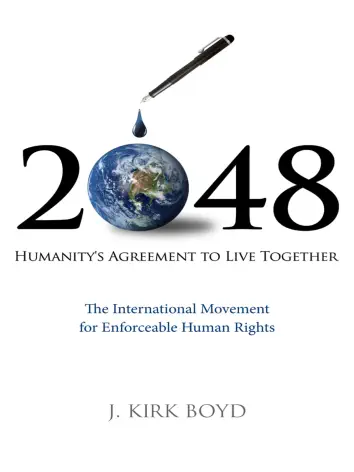In 1948 the United Nations General Assembly adopted the Universal Declaration of Human Rights, a deeply inspiring document that has been translated into over 300 languages and dialects. But because its provisions are not enforceable, its promise has not been fulfilled. Human rights violations continue in every corner of the globe, the cause of countless individual tragedies as well as large-scale disasters like war, poverty and environmental ruin.
It’s time to take the next step. 2048 sets out a visionary, audacious, but, Kirk Boyd insists, achievable goal: drafting an enforceable international agreement that will allow the people of the world to create a social order based upon human rights and the rule of law. Boyd and the 2048 Project aim to have this agreement, the International Convention on Human Rights, in place by the 100th anniversary of the Universal Declaration.
Written documents have always played a key role in advancing human rights: the Code of Hammurabi, the Magna Carta, the Declaration of Independence. The express purpose of the International Convention is to safeguard what Boyd calls the Five Freedoms, adding freedom for the environment to Franklin Roosevelt’s famous Four Freedoms: freedom of speech, freedom of religion, freedom from want, and freedom from fear.
Boyd skillfully anticipates objections to the notion of a universal and enforceable written agreement—that it would be culturally insensitive, too expensive, unacceptably limit national sovereignty—and convincingly answers them. In fact some promising first steps have already been taken. He describes existing transnational agreements with effective compliance mechanisms that can serve as models.
But Boyd wants to inspire more than argue. In 2048 he urges everyone to participate in the drafting of the agreement via the 2048 website and describes specific actions people can take to help make it a reality. “What you do with what you read” Boyd writes, “is as important as what this book says.” Little by little, working together creatively with the tools now available, we can take the next step forward in the evolution of human rights.






Reviews
There are no reviews yet.